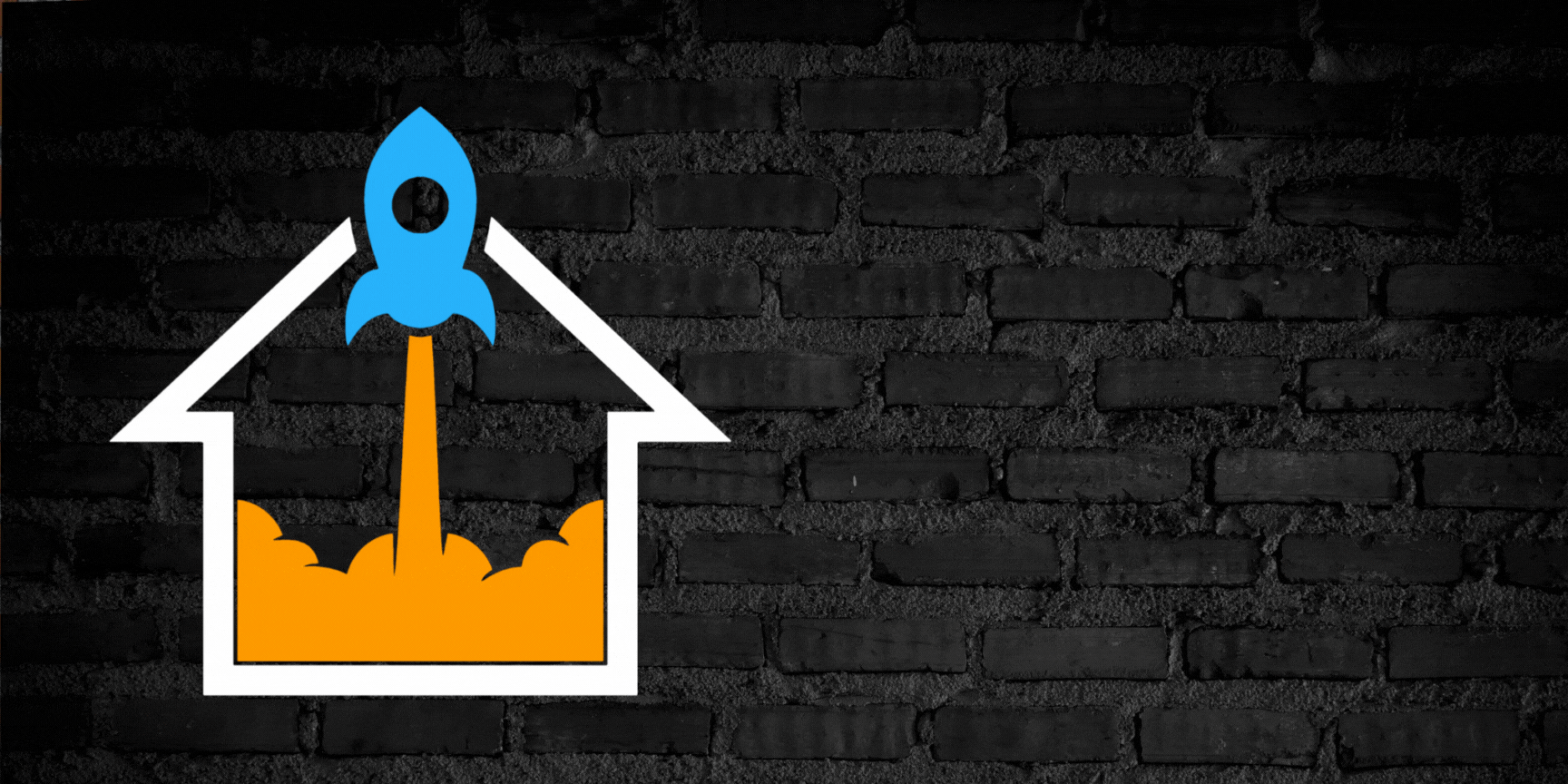Introduction
If you’re a first-time buyer who’s just started your house-hunting journey in San Jose, you may have come across the term “house poor.” While you may understand that it carries negative connotations, you may not fully grasp what it means. In this article, we will explore the concept of being house-poor, particularly in the context of San Jose, and provide you with some tips on how to avoid this situation. By understanding the potential pitfalls and taking the necessary precautions, you can make a wise investment in your homeownership journey and enjoy the benefits without regret.
What Does it Mean to be “House Poor”?
Being house-poor refers to a situation where a homeowner spends a significant portion of their monthly income on housing expenses. These expenses go beyond just mortgage payments and include other costs such as homeowners insurance, property taxes, utilities, and maintenance. While building equity with their home, house-poor individuals find that their budget is stretched thin, leaving little room for other important expenses. This financial strain makes it challenging or even impossible for them to achieve their other financial or personal goals, such as building a retirement fund, paying off debt, or enjoying life in general.
A recent survey by ConsumerAffairs revealed that 69 percent of homeowners consider themselves house-poor. These homeowners have little savings left after paying their mortgages and associated monthly expenses, with 54 percent reporting that house-related expenses were their largest financial burden.
Reasons for Being House Poor
There are several reasons why individuals may find themselves in a house-poor situation. One common scenario is when first-time homebuyers fail to fully understand and consider the costs associated with buying and owning a home. They may become fixated on the idea of owning their dream home without taking into account the additional expenses beyond the down payment and mortgage payment.
Life changes can also contribute to being house-poor. For example, if you and your spouse decide that one of you will quit your job to become a stay-at-home parent, your financial situation may change dramatically as you become dependent on a single income source. Similarly, a major change in circumstances such as a job loss or unexpected illness can stretch your budget to the maximum, making it even more difficult to meet your housing expenses.
Indicators of Being House Poor
Regardless of your median household income, you can find yourself in a house-poor situation if you’re spending too much on your home. Here are some indicators that you may be house-poor:
- You spend a significant portion of your income on housing costs.
- You constantly worry about whether you’ll be able to afford your monthly mortgage payment.
- You frequently tap into your savings to cover your mortgage payments.
- It’s becoming increasingly difficult to cover other essential expenses such as groceries and transportation.
- You don’t have an emergency fund and can’t afford to start one due to budget constraints.
- The cost of homeownership hinders you from pursuing other wants and goals, such as traveling or engaging in new hobbies.
How to Avoid Being House Poor in San Jose
Now that we understand the concept of being house-poor and the potential consequences, let’s discuss some strategies to avoid this situation when buying a home in San Jose.
1. Determine your Affordability
Before starting your home search, it’s crucial to establish how much house you can comfortably afford. This amount may differ from the maximum mortgage you can get approved for, taking into account factors such as your credit score and debt-to-income ratio. While you may qualify for a higher mortgage, it’s advisable to buy a home that is within your means but still meets your needs. Stick to your predetermined home-buying budget and avoid going beyond your price range.
2. Educate Yourself on Expenses
To avoid being caught off guard by the costs associated with homeownership, it’s essential to educate yourself about all the expenses involved. In addition to calculating the down payment, closing costs, and expected monthly mortgage payment, consider other expenses such as utilities, HOA dues, property taxes, and maintenance. Unlike renting, where landlords often cover many of these costs, homeowners are responsible for these expenses themselves.
3. Plan for Repairs and Maintenance
Even if you purchase a house in good condition, it will inevitably require repairs and maintenance over the years. It’s important to plan and budget for these expenses. Consider obtaining estimates and bids for potential repairs, especially if you’re interested in a fixer-upper. Additionally, never skip a home inspection. While some buyers in competitive markets may waive property inspections to speed up the closing process, a thorough inspection helps identify any current or potential issues. The seller may fix these problems before closing, or you may negotiate a price reduction to cover the repairs. By understanding the potential repair expenses, you can determine if they fit comfortably within your budget.
4. Make a Larger Down Payment
While many loans and assistance programs allow for smaller down payments, waiting and saving for a larger down payment can help you avoid becoming house-poor. By reducing the amount you need to borrow, a larger down payment lowers your monthly payment. Additionally, it positions you as a less risky borrower, leading to a lower interest rate. Making a down payment of at least 20 percent eliminates the need for private mortgage insurance, saving you thousands of dollars over the life of the loan. However, ensure that making a larger down payment doesn’t deplete your savings entirely.
5. Build a Housing Emergency Fund
In addition to your regular savings, it’s wise to set aside money specifically for housing expenses. Having a housing emergency fund provides a cushion to cover unexpected circumstances such as job loss or major repairs that are not covered by warranties or insurance.
Conclusion
While homeownership in San Jose can be a rewarding experience, it’s essential to avoid becoming house-poor. By understanding the concept of being house-poor and taking proactive measures to prevent it, you can make a wise investment and enjoy the benefits of homeownership without sacrificing your financial well-being. Remember to determine your affordability, educate yourself on expenses, plan for repairs and maintenance, make a larger down payment if possible, and build a housing emergency fund. By following these tips, you can navigate the San Jose housing market with confidence and proudly call yourself a homeowner.




